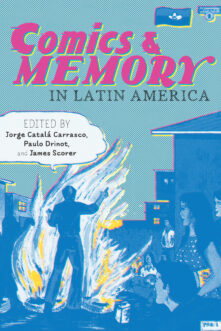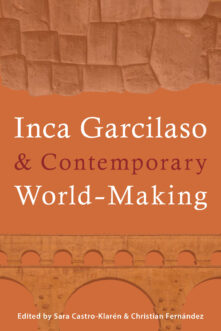Illuminations: Cultural Formations of the Americas
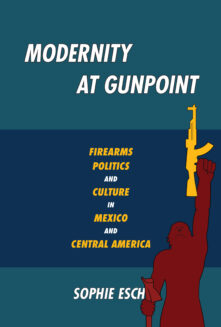
Modernity at Gunpoint
Firearms, Politics, and Culture in Mexico and Central America
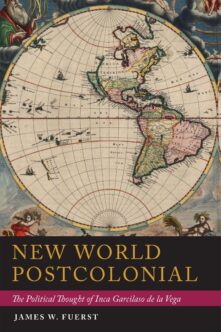
New World Postcolonial
The Political Thought of Inca Garcilaso de la Vega
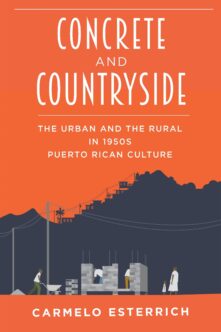
Concrete and Countryside
The Urban and the Rural in 1950s Puerto Rican Culture
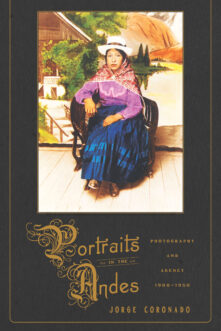
Portraits in the Andes
Photography and Agency, 1900-1950
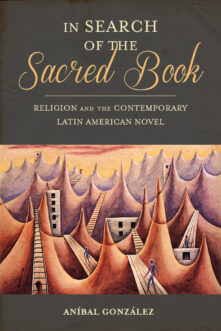
In Search of the Sacred Book
Religion and the Contemporary Latin American Novel
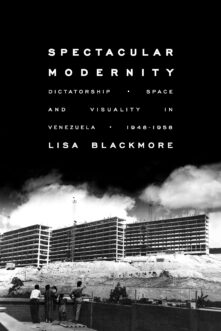
Spectacular Modernity
Dictatorship, Space, and Visuality in Venezuela, 1948-1958
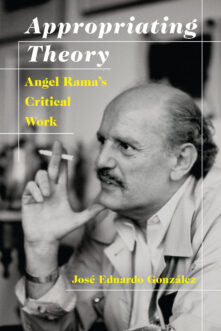
Appropriating Theory
Angel Rama's Critical Work
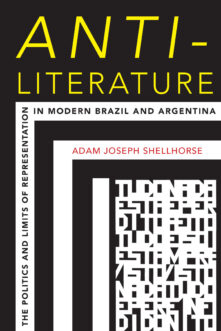
Anti-Literature
The Politics and Limits of Representation in Modern Brazil and Argentina
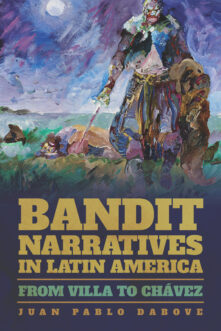
Bandit Narratives in Latin America
From Villa to Chávez
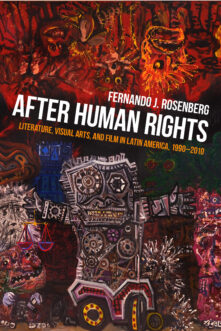
After Human Rights
Literature, Visual Arts, and Film in Latin America, 1990-2010
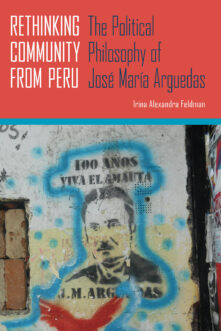
Rethinking Community from Peru
The Political Philosophy of José María Arguedas
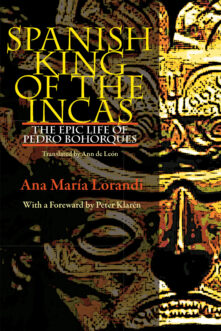
Spanish King Of The Incas
The Epic Life Of Pedro Bohorques
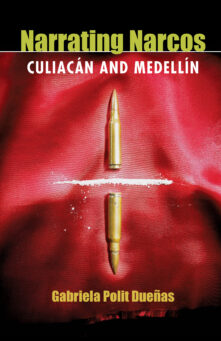
Narrating Narcos
Culiacán and Medellín
Total 61 results found.


